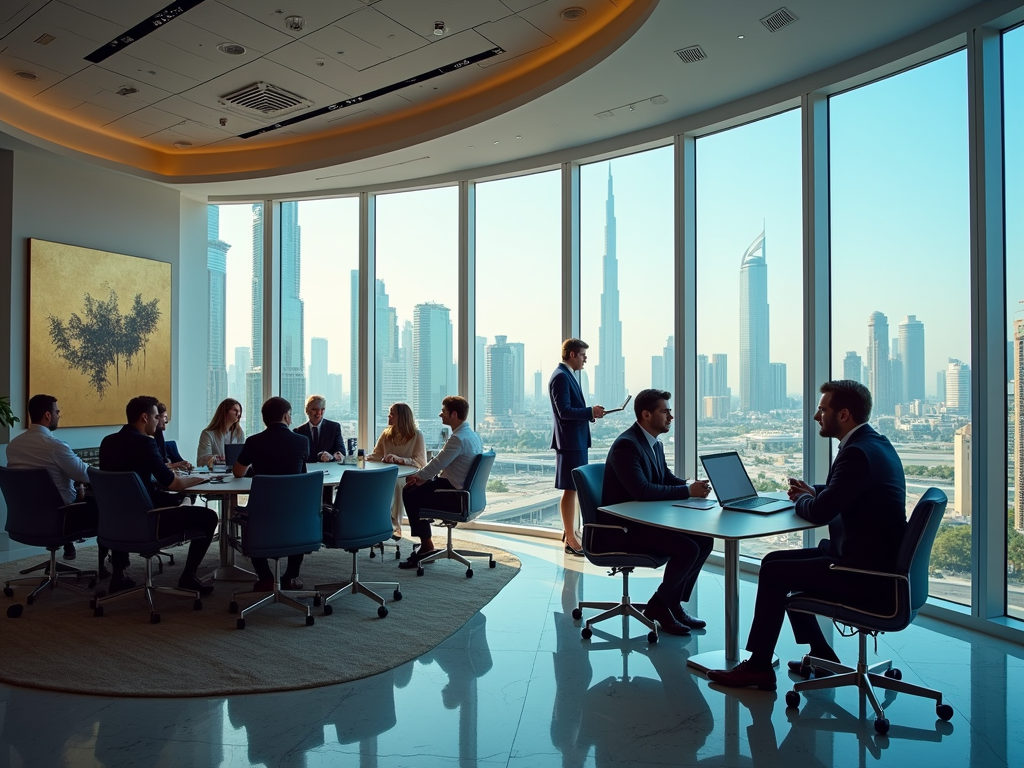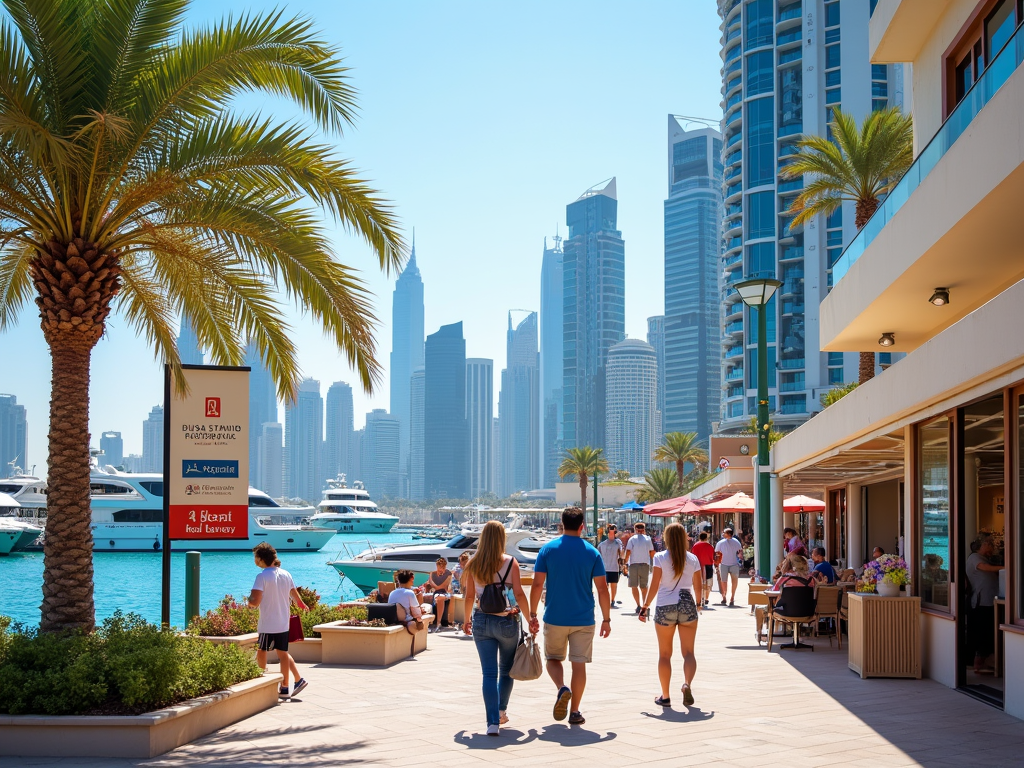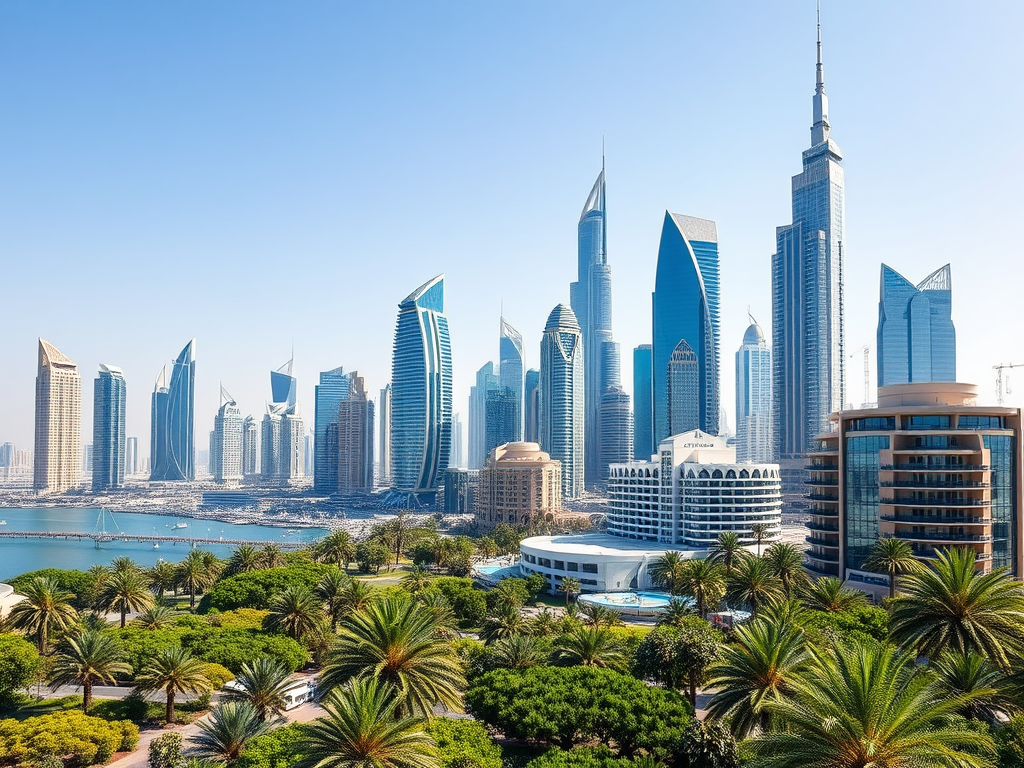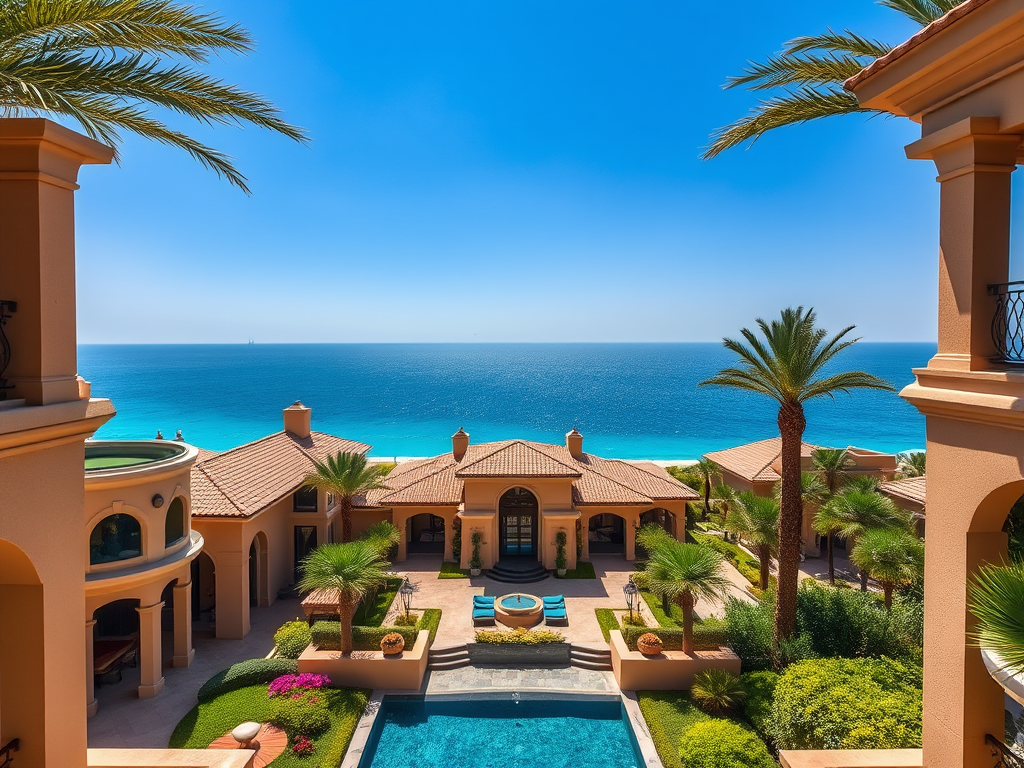
Dubai’s real estate market is significantly influenced by a myriad of regional and global events, ranging from geopolitical tensions and economic trends to global health crises like the COVID-19 pandemic. These factors have a direct impact on property demand, investment flows, and overall market sentiment. Understanding these dynamics is crucial for investors, homeowners, and stakeholders in the real estate sector. This article delves into the key regional and global influences on Dubai’s real estate and how they shape its current landscape and future trends.
Geopolitical Tensions

Geopolitical events often have profound implications for real estate markets, and Dubai is no exception. The UAE’s strategic location makes it a hub for investors and expatriates seeking stability in a volatile region. Key factors include:
- Political Stability: The UAE’s stable government attracts foreign investment, bolstering real estate demand.
- Regional Conflicts: Tensions in neighboring countries can lead to increased demand as people seek safer havens.
- Trade Agreements: Collaborative agreements with other countries can enhance trade and, consequently, property investments.
The delicate balance in Middle Eastern politics means that any significant shift could lead to an influx or exodus of capital, directly affecting property prices and market health.
Global Economic Trends

Economic fluctuations worldwide play a crucial role in shaping Dubai’s real estate market. Factors like interest rates, currency strength, and stock market performance can influence investor behavior. Below are some main surges that impact the real estate sector:
- Interest Rates: Low-interest rates in major economies encourage borrowing, enhancing the purchasing power of investors.
- Commodity Prices: The UAE’s economy heavily relies on oil exports, making it sensitive to global commodity price changes.
- Foreign Investment: A robust global economy generally leads to higher foreign investments in the property market.
As global economic conditions fluctuate, so too does the interest in Dubai’s lucrative real estate sector, often oscillating between favorability and adversity.
The COVID-19 pandemic dramatically shifted many industries, and the real estate market in Dubai is no exception. Initially, the market encountered a downturn as lockdowns and travel restrictions were implemented. However, trends soon emerged, reflecting a swift recovery and adaptation. Key points include:
- Shift to Remote Work: Increased remote working prompted many to seek larger spaces, driving demand for villas and townhouses.
- Foreign Expatriate Movement: Changes in travel policies and health concerns altered expatriate populations, affecting housing demand.
- Digital Transformation: The rise of virtual tours and online property listings became the norm, improving accessibility for potential buyers.
Ultimately, while the pandemic posed challenges, several trends suggest the potential for long-term growth as investors adapt to new market demands.
Influence of Tourism Industry
Dubai’s real estate market is closely tied to its tourism sector. As one of the world’s leading travel destinations, the influx of tourists plays a crucial role in shaping demand for both residential and commercial properties. Factors influencing this dynamic include:
- Tourism Growth: An increase in tourist arrivals often correlates with a rise in short-term rental demand, benefiting investors.
- Events and Festivals: Major events, such as the Dubai Shopping Festival, frequently encourage temporary stays and property rentals.
- Pandemic Recovery Trends: As global travel resumes, Dubai’s tourism is expected to rebound, revitalizing the property market.
The tourism industry affects not only hospitality and retail spaces but also residential properties catering to short-term rentals.
Conclusion
Dubai’s real estate market is an intricate tapestry interwoven with regional and global events. From geopolitical tensions and economic shifts to the resurgence of tourism post-pandemic, every variable plays a pivotal role in dictating market dynamics. Investors and stakeholders need to remain vigilant and adaptable, understanding that these influences are not static but are reflective of a continuously evolving global landscape. The future remains bright for Dubai’s real estate, provided that stakeholders can navigate the complexities of these external factors effectively.
Frequently Asked Questions
1. How do geopolitical events affect Dubai’s real estate market?
Geopolitical events can influence investor confidence, leading to fluctuations in property demand and pricing. Political stability or instability in neighboring regions can drive expatriates to seek housing in Dubai.
2. What role does tourism play in the real estate sector of Dubai?
Tourism drives demand for short-term rentals and commercial properties. An increase in tourist arrivals correlates with higher rental yields, making Dubai’s real estate attractive for investors.
3. How did COVID-19 impact the Dubai real estate market?
Initially, the market faced a downturn, but there was a shift towards larger homes as remote work became common. Additionally, digital tools for property viewing gained popularity, improving market accessibility.
4. What global economic factors affect Dubai’s real estate?
Key factors include interest rates, global economic growth, and commodity prices. Changes in these areas can enhance or diminish foreign investment in Dubai’s property market.
5. What are the future prospects for Dubai’s real estate market?
The future looks promising, especially with the anticipated recovery of the tourism sector post-pandemic and ongoing foreign investment. Adaptation to new market demands will also play a critical role in shaping growth.


